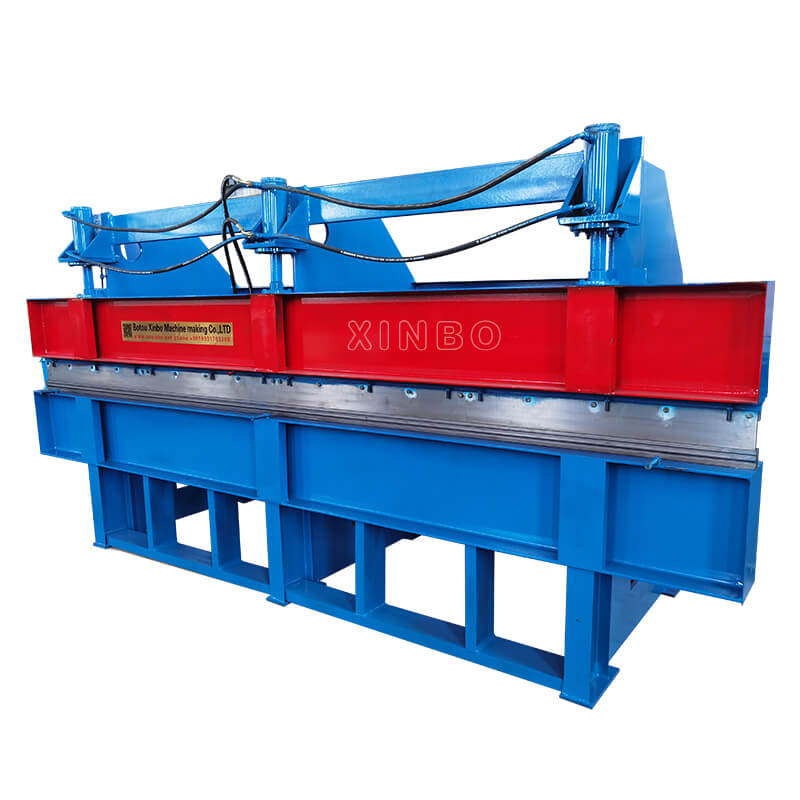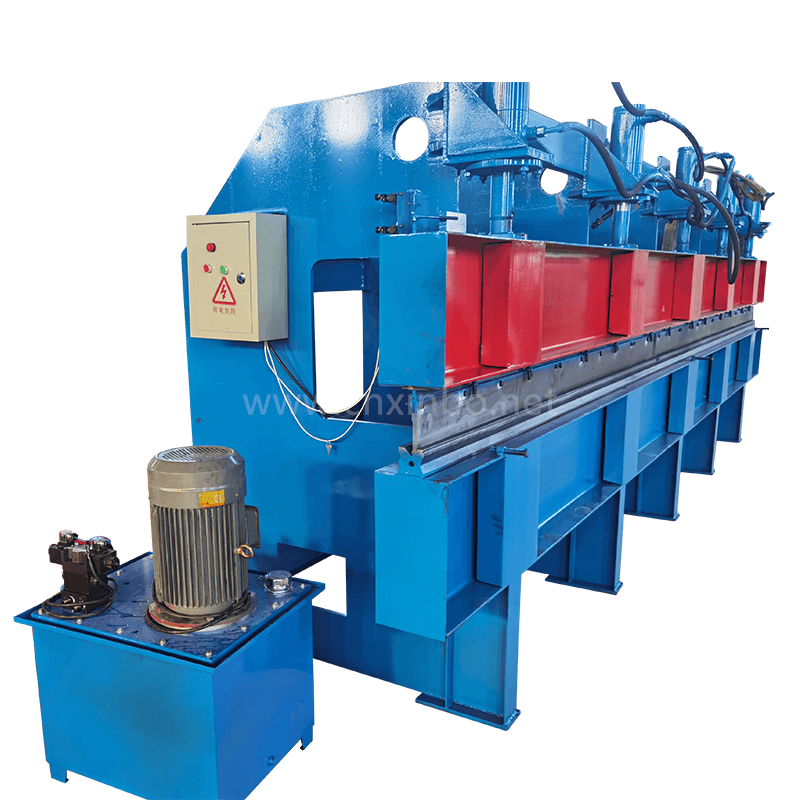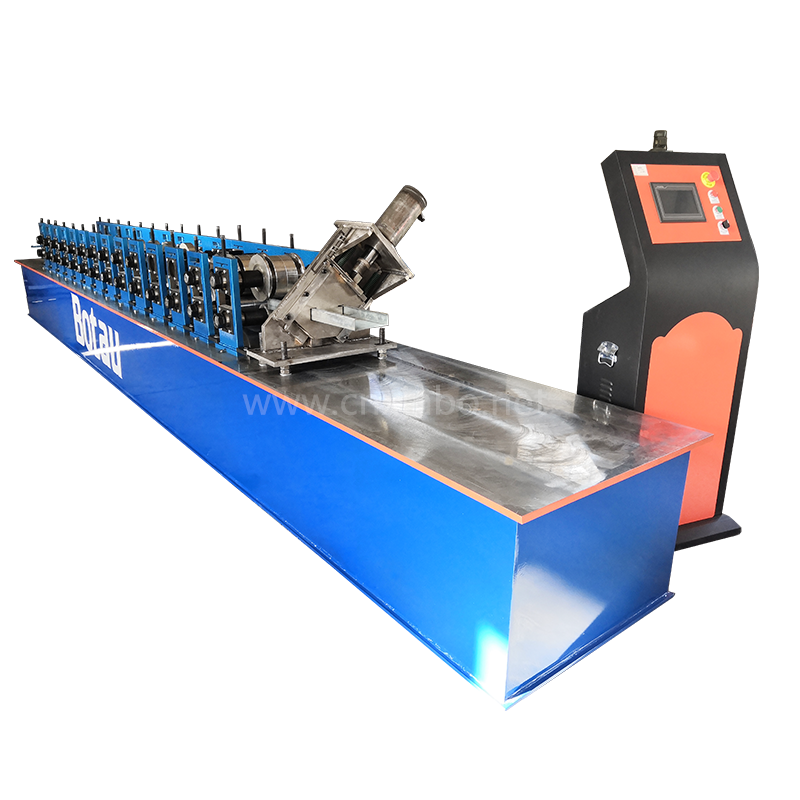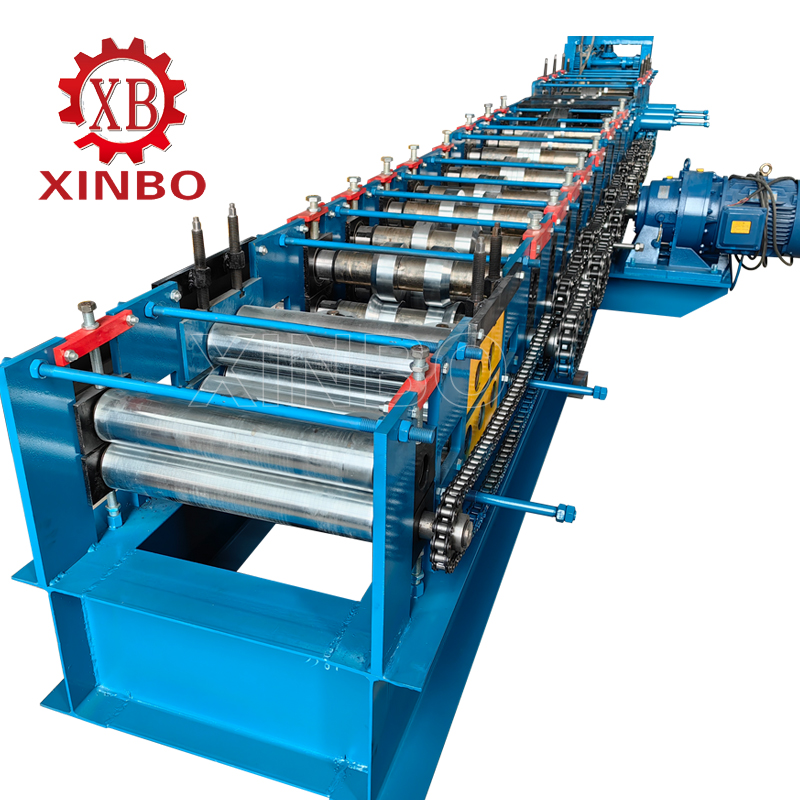Introduction to Hydraulic Press Bending Machines
Hydraulic press bending machines play a pivotal role in the metalworking industry, revolutionizing the way sheet metal materials are manipulated and shaped. These powerful machines utilize hydraulic forces to bend and form workpieces with precision and efficiency.
What is a Hydraulic Press Bending Machine?
Basic Definition and Purpose
A hydraulic press bending machine is a specialized piece of equipment designed to bend various sheet metal materials into parts of different shapes according to specific manufacturing needs. The primary purpose of these machines is to facilitate the manipulation of sheet metal, allowing for the creation of complex components used across diverse industries.
Components of a Hydraulic Press
The essential components of a hydraulic press bending machine include the hydraulic system, which generates the necessary force for bending operations, as well as the ram and die, which work in tandem to apply pressure and shape the sheet metal material.

The Importance of Bending Machines in Metalworking
Role in Manufacturing Processes
Hydraulic press bending machines have become indispensable production tools in the sheet metal industry. Their ability to precisely manipulate sheet metal materials has streamlined manufacturing processes, enabling the efficient production of intricate components used in various applications.
Benefits Over Traditional Bending Methods
The compensations offered by hydraulic press machines over conventional press machines are driving their increased usage in the automotive sector and other manufacturing industries. With superior precision and energy-saving mechanisms, hydraulic press bending machines have gained prominence as essential assets in modern metalworking operations.
By harnessing hydraulic forces, these advanced machines have transformed traditional bending methods, offering unparalleled efficiency and accuracy in shaping sheet metal materials.
The Mechanics Behind Hydraulic Press Bending Machines
How Hydraulic Press Bending Machines Work
Hydraulic press bending machines operate on the principle of utilizing hydraulic force to manipulate sheet metal materials. The hydraulic system is the heart of these machines, providing the necessary power for bending operations. By exerting controlled pressure, speed, and motion, operators can achieve highly accurate bend angles, ensuring superior precision in bending operations.
The bending process with hydraulic press machines involves a step-by-step approach to ensure optimal results. Firstly, the sheet metal material is securely placed between the ram and die. Subsequently, as hydraulic pressure is applied through the system, the material undergoes controlled deformation to achieve the desired shape and angle. This meticulous process allows for intricate components to be formed with exceptional accuracy and consistency.
Types of Hydraulic Press Bending Machines
In response to increasing technical demands in the sheet metal industry, various types of hydraulic press bending machines have emerged to cater to diverse manufacturing needs. These include traditional upward-moving machines and emerging downward-moving models, each offering distinct differences in transmission mode and utilization.
Differences and Uses
The traditional upward-moving bending machines are renowned for their reliability and versatility in handling a wide range of sheet metal materials. On the other hand, emerging downward-moving bending machines are gaining traction due to their innovative transmission mode that enhances efficiency and precision in shaping complex components.
Pros and Cons of Each Type
The traditional upward-moving bending machines boast a proven track record of performance across different industrial sectors. Their adaptability makes them suitable for various workloads and materials. However, they may have limitations when it comes to achieving highly intricate bends or working with thicker materials.
Conversely, emerging downward-moving bending machines offer advanced transmission mechanisms that enable enhanced precision and efficiency in shaping sheet metal materials. While they excel in handling complex bends with utmost accuracy, they may require specialized operator training due to their innovative operational dynamics.
Several research studies have delved into the design and fabrication of hydraulic press bending machines. For instance, a study focused on designing a 30-ton hydraulic press using locally sourced materials demonstrated how such equipment can be tailored to specific load capacities and operational requirements within industrial settings.
Part Accuracy—Hydraulic presses are lauded for their control over forces and motions that empower manufacturers to achieve tight tolerances and improve overall part quality. The ability to mitigate lateral slide movement caused by off-center or unbalanced loads ensures precise bends that meet stringent industry standards.
The hydraulic press has become an indispensable processing machine in various industries due to its unparalleled precision capabilities in manipulating sheet metal materials.
Applications of Hydraulic Press Bending Machines in Industries
Hydraulic press bending machines have found widespread applications across diverse industries, showcasing their versatility and indispensable role in shaping sheet metal materials for various purposes.
Automotive Industry
In the automotive sector, hydraulic press bending machines are integral to the manufacturing and assembly processes. These powerful machines play a vital role in shaping and bending large pieces of sheet metal into components essential for crafting car bodies and frames. The ability to precisely manipulate sheet metal materials has made hydraulic press bending machines invaluable assets in custom parts fabrication for automobiles, meeting the evolving demands of the automotive industry for complex and tailored components.
The continuous improvement of hydraulic press brakes has further enhanced their significance in the automotive sector, particularly in shaping lightweight materials like aluminum and high-strength steel. This capability is crucial as it allows manufacturers to meet the evolving requirements of the automotive sector, where precision and quality are paramount.
Aerospace Industry
In the aerospace industry, where precision and strength requirements are exceptionally high, hydraulic press bending machines have proven to be indispensable. These advanced machines are instrumental in crafting intricate aircraft components that demand exceptional accuracy and structural integrity. The consistent performance of hydraulic press brakes across long production runs ensures efficiency and quality, aligning with the stringent standards prevalent in aerospace manufacturing.
Construction and Infrastructure
Hydraulic press bending machines also play a pivotal role in the construction and infrastructure sectors. They are utilized for shaping metal beams and structures essential for building sturdy frameworks. The safety and durability considerations inherent in construction projects make hydraulic press bending machines invaluable assets, as they enable precise manipulation of sheet metal materials to meet stringent safety standards while ensuring structural durability.
The mainstream position of hydraulic press brakes in the sheet metal bending industry underscores their unshakable significance across various industrial domains. Their utilization extends beyond automotive and aerospace industries to encompass construction, electronics, and other sectors where bending machine capabilities are essential for fabricating intricate components from sheet metal materials.
By providing consistent performance across diverse applications, hydraulic press bending machines have solidified their position as indispensable tools for shaping sheet metal materials across multiple industries.

Choosing the Right Hydraulic Press Bending Machine
When selecting a hydraulic press bending machine, several crucial factors must be considered to ensure optimal performance and efficiency in metalworking operations.
Factors to Consider
Material Type and Thickness
The hydraulic press bending machine’s ability to accommodate various material types and thicknesses is a critical consideration. Different sheet metal materials, such as aluminum, steel, and alloys, require specific bending capabilities to achieve precise angles and shapes. The machine’s capacity to exert controlled force on diverse materials while maintaining superior precision is essential for meeting the stringent requirements of different industries.
Desired Bending Angle and Complexity
Another pivotal factor in choosing the right hydraulic press bending machine is the desired bending angle and complexity of the components to be fabricated. Hydraulic press brakes provide superior precision in bending operations, allowing for highly accurate bend angles and intricate component shapes. The machine operator controls allow for the accurate control of the ram’s motion, speed, and applied force, resulting in precise bends that meet industry standards across diverse applications.
Maintenance and Safety Tips
Regular maintenance and adherence to safety protocols are imperative for ensuring the longevity and safe operation of hydraulic press bending machines.
Regular Check-ups and Cleaning
Routine check-ups, including inspections of hydraulic systems, rams, dies, and overall machine condition, are vital for identifying any potential issues or wear that may affect performance. Additionally, thorough cleaning of the machine components helps prevent debris buildup that could compromise precision during bending operations.
Safety Features and Operator Training
Hydraulic press brakes find their usage in several sectors due to their flexibility, precision, and operational efficiency. To ensure safe operation, it is crucial to have robust safety features integrated into the machine design. Furthermore, comprehensive operator training on machine handling procedures and safety protocols is essential for preventing accidents and optimizing operational proficiency.
To conclude, the effective choice of an appropriate hydraulic press bending machine necessitates rigor in assessing the congruity with materials in question, envisaged bend angles, upkeep requisites, and indispensable safety precautions. By assigning importance to these variables during the selection phase, manufacturing entities can exploit the expansive capabilities of hydraulic press bending machines across a wide range of industrial utilization.


 Spanish
Spanish









